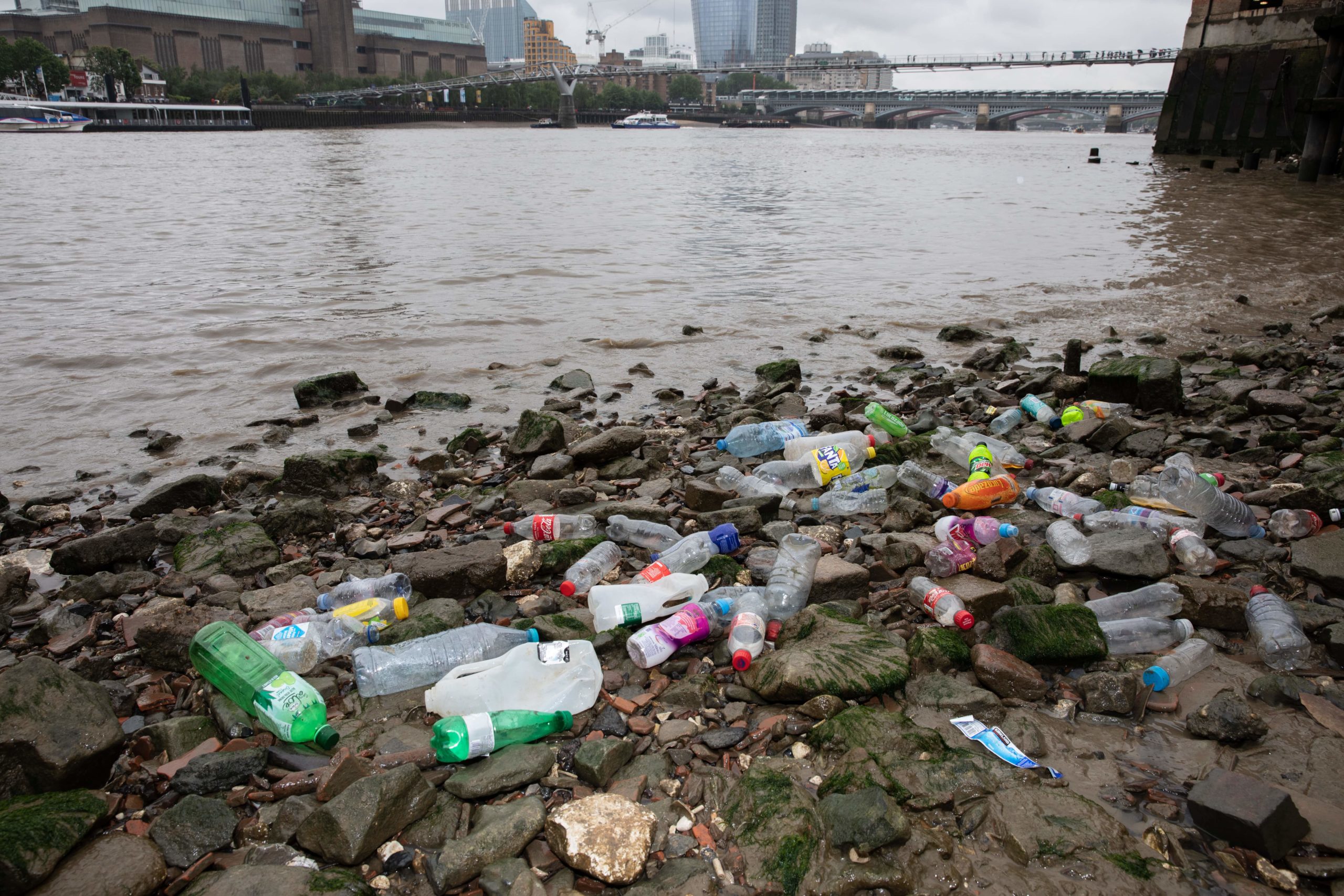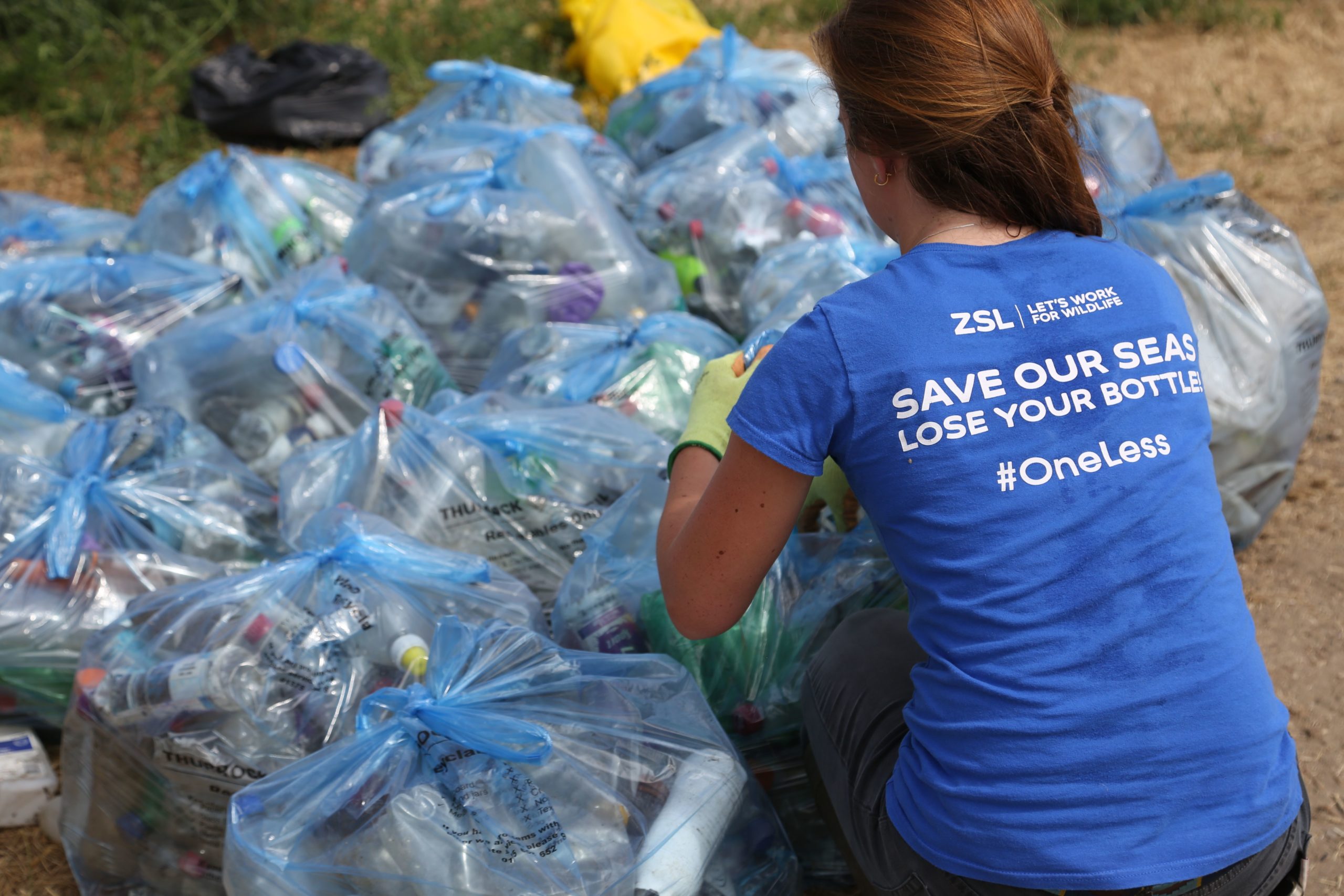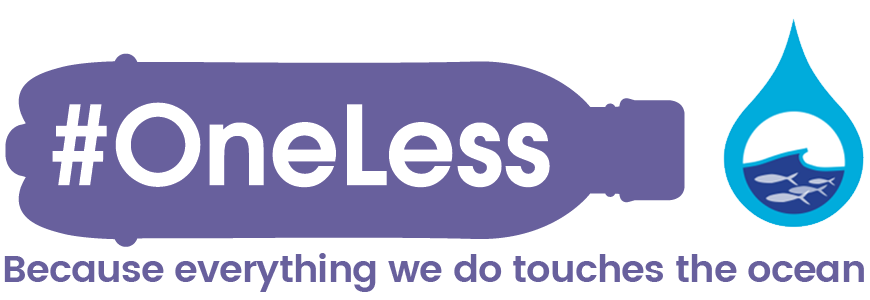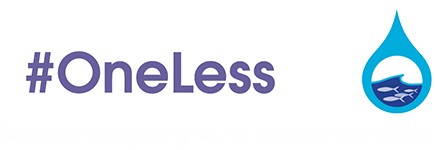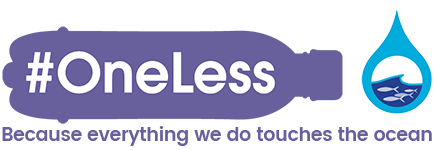London is a coastal city, directly connected to the ocean by the River Thames. Just as the Thames is the major artery that continues to give life to this great city, the ocean is its heart, sending water, oxygen, clean air, fish, nutrients and weather along the river to make the city habitable and healthy. Sadly, the Thames is contaminated with single-use plastic and could potentially be transporting London’s single-use plastic back out to the ocean, ultimately threatening marine creatures, spoiling our coastlines, and damaging livelihoods.
A steady stream of plastic is polluting our ocean and putting pressure on ocean ecosystems that are already stressed by the impact of human activity.
Applying solutions and interventions that have been informed by science has been crucial to our approach.
Thames Bottle Monitoring Programme
Since 2016, we’ve been working with Thames21 and their dedicated team of citizen scientists to better understand the scale of London’s plastic bottle problem by conducting regular bottle counts along the Tidal Thames. In April 2018, we developed our approach to include fortnightly bottle counts focusing on five sites along the Thames; Hammersmith, Fulham, Battersea, City of London and Greenwich.
Key findings
